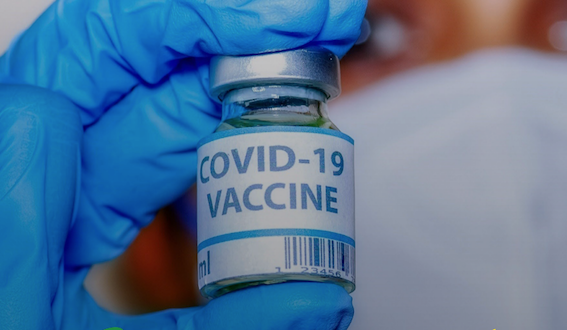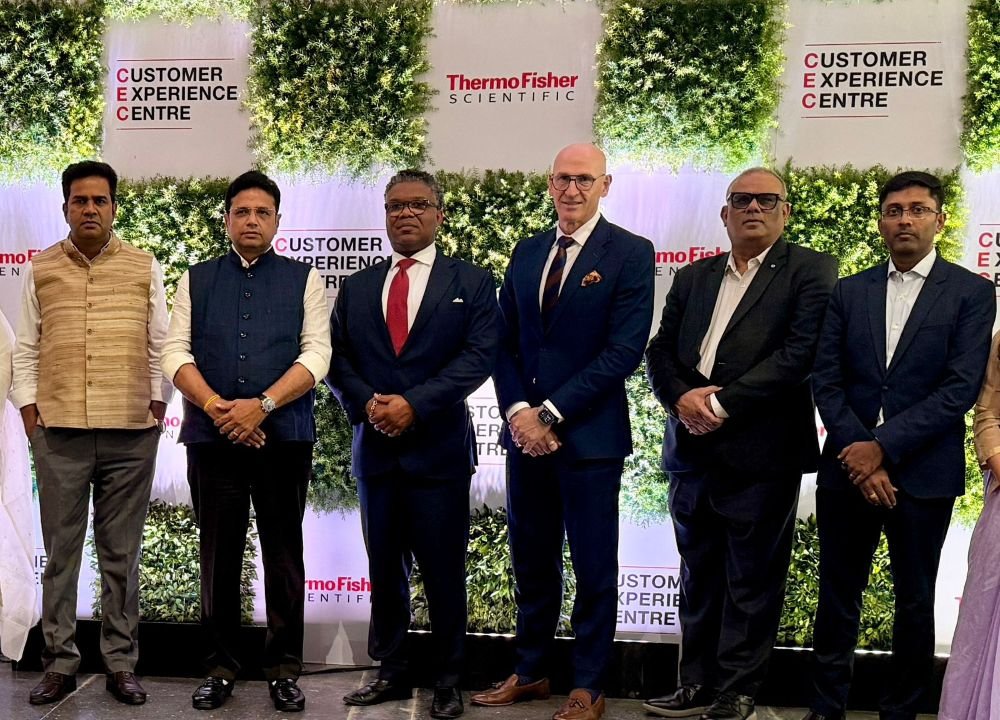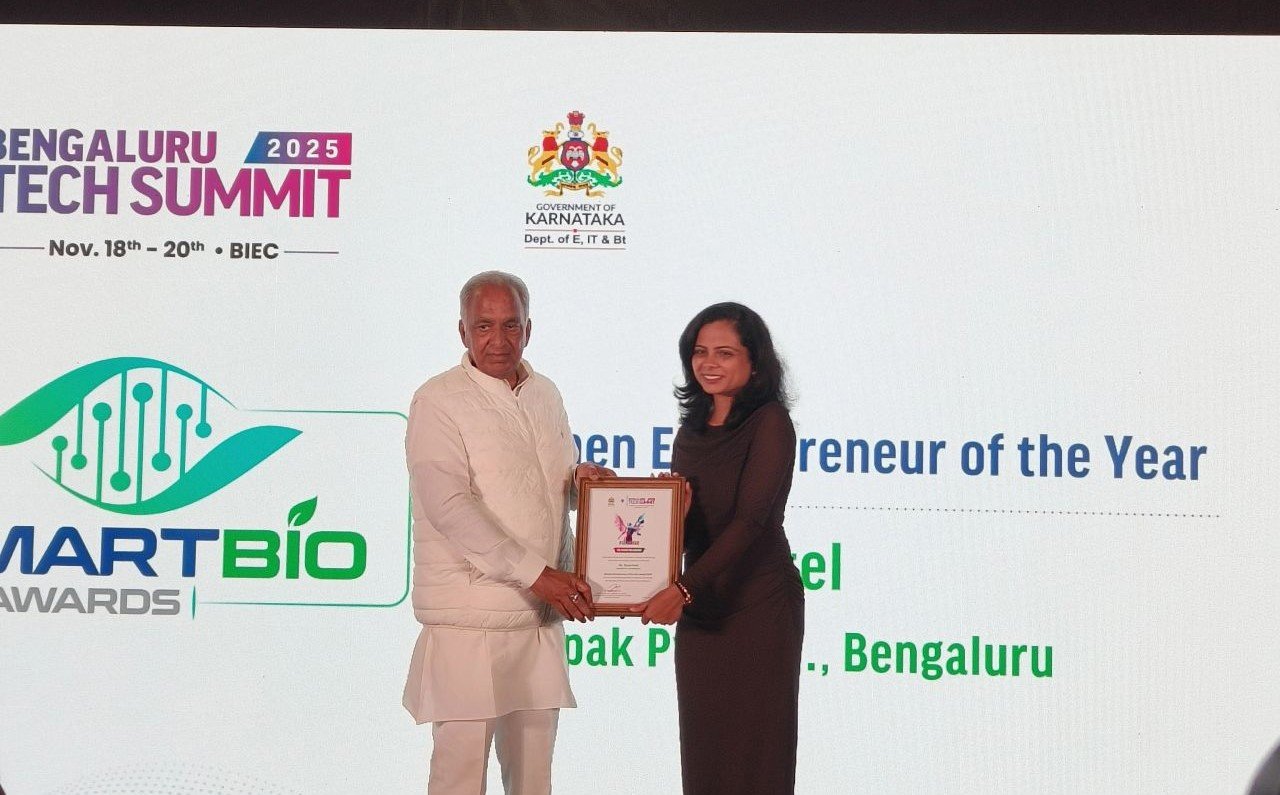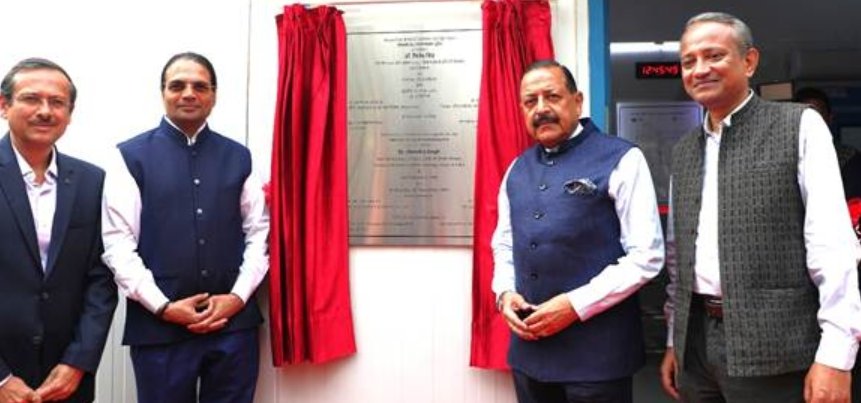Private sector supports government in targeted vaccination against COVID-19
December 14, 2020 | Monday | News
Private hospitals have dedicated up to 40%-80% of their bed capacity for treating COVID-19 patients
Private hospitals have been the foundation of serving more than 70% of bed capacity and ~60% of inpatient care in India as per EY-FICCI study titled, “Protecting India: Public-Private Partnership for vaccinating against COVID-19,” released by Dr V K Paul - Member, NITI Aayog in the presence of Lord David Prior, Chair, NHS England at FICCI’s AGM ‘Inspired India’. This study aims to highlight the role and extent of private sector participation in supporting the government to accelerate the process of targeted vaccination against COVID-19 across the country.
Private hospitals have dedicated up to 40%-80% of their bed capacity for treating COVID-19 patients and supplemented government efforts of scaling up testing by contributing to 45% of the testing capacity in India. Given the scale, complexity and timeline of the program for mass-inoculation against the SARS-CoV-2 virus, private players can significantly augment the government’s capacity across the value chain of vaccine distribution and administration.
To achieve the aspirational goal of inoculating 60%-70% of the population in a two-year timeline with inoculation of prioritized groups in the next eight months, there is a pressing need for potential engagement models between the private and public sectors across different stages of the vaccine value chain.
The study estimates that India may need 1.3 lakh-1.4 lakh vaccination centers, ~1.0 lakh healthcare professionals (as inoculators) and ~2.0 lakh support staff/ volunteers for mass-inoculation of prioritized individuals (30 crore people as identified by the government, includes healthcare professionals, frontline workers, people above 50 years and also people with co-morbidities) by August 2021 and the entire adult population (80 crore) by the end of 2022. To meet the demand of 1.3 lakh-1.4 lakh centers, ~60% of the existing public health infrastructure will have to house a vaccination center.
Against the requirement of 1.0 lakh inoculators, the public sector can potentially provide 60,000-70,000 (10% of the nurse/ANM capacity in public sector) of them. This could lead to a capacity constraint especially in key states such as Odisha, Bihar, Jharkhand, West Bengal, Uttar Pradesh and Madhya Pradesh. The private sector can adequately supplement the physical and human infrastructure supply in key capacity-constrained regions, specifically in urban and semi-urban areas. Additionally, the second line of inoculators among allied health professionals will have to be made available through training and credentialing process to meet the requirement of inoculators.
As per a survey carried out by FICCI and EY, in association with NABH, NATHEALTH and other healthcare associations with 264 private healthcare organizations, a high proportion of respondents stated their capacity and willingness to participate in the vaccination drive.
► 84% have earmarked inoculation facilities in their hospitals/centers and 54% have cold storage facilities to store vaccines on site.
► 88% have trained inoculators available for vaccination, 70% are willing to allocate manpower in semi-urban/rural areas for vaccination and 94% are willing to impart training for inoculation. A trained pool of 30,000 inoculators is also available for inoculation from amongst the participants.
While private healthcare providers have shown willingness to allocate human resources for the vaccination exercise, especially in semi-urban and rural areas, actual execution of the program will be dependent on clear definition of roles and responsibilities of both government and private players as well as agreement on distinctive and well-laid out engagement models for collaboration.










